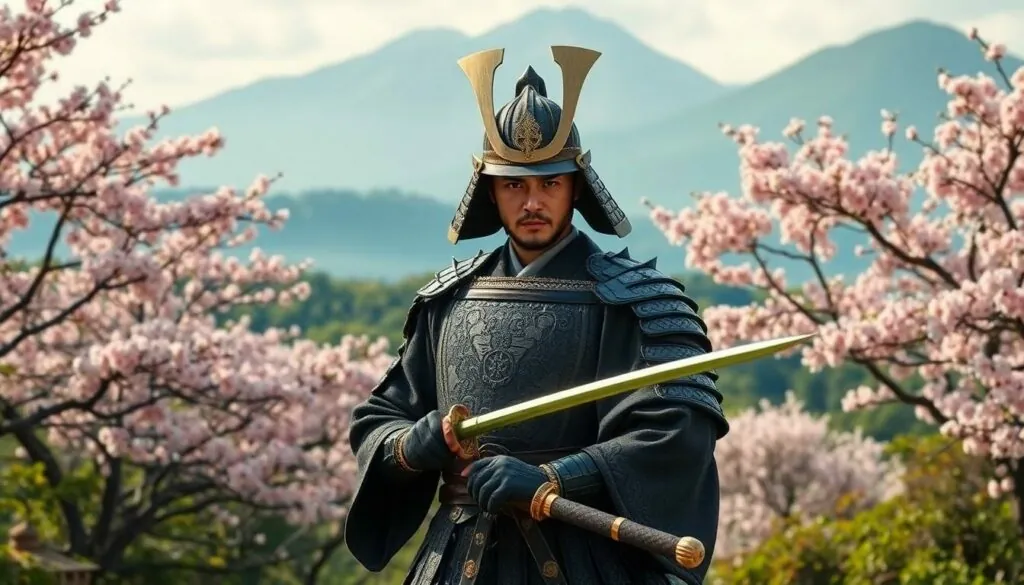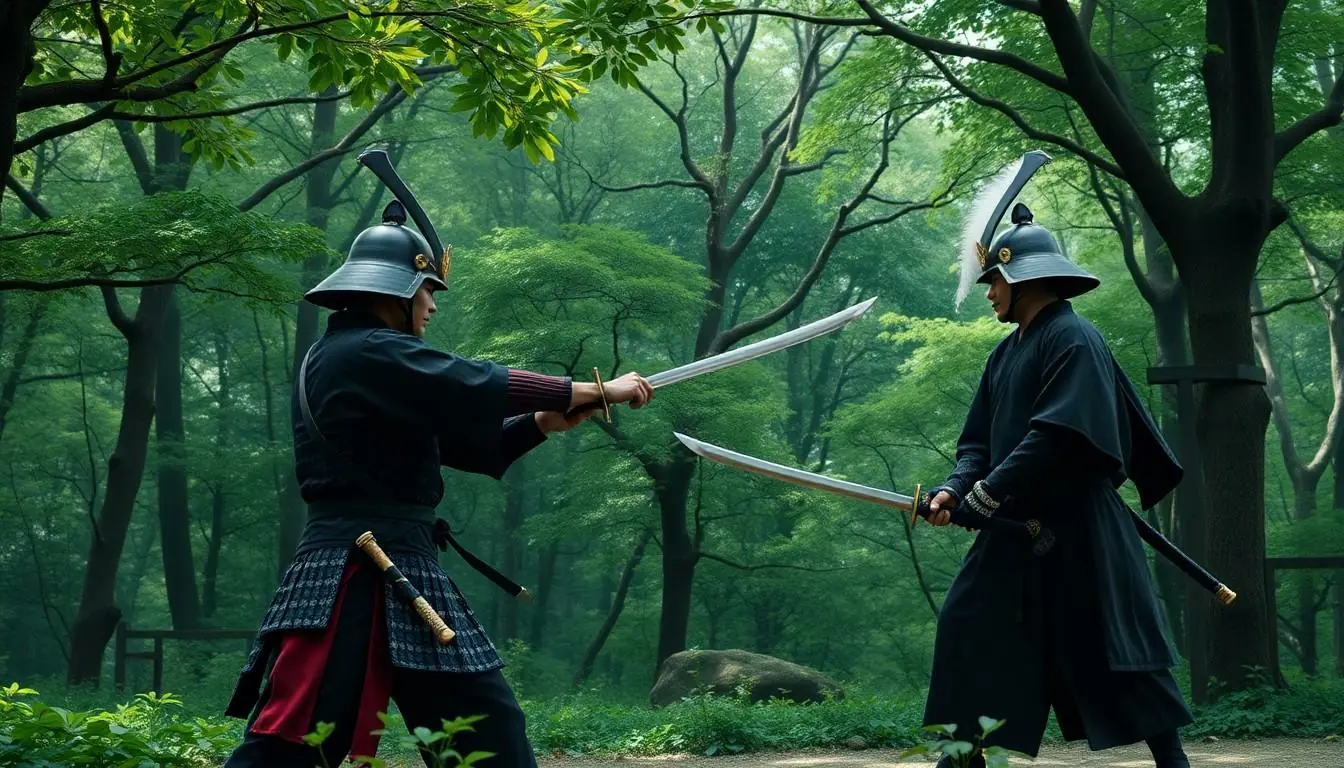Table of Contents
ToggleIn the stunning world of Ghost of Tsushima, players embark on an epic journey filled with breathtaking landscapes and heart-pounding battles. But as the story unfolds, a pivotal question lingers: how will it all end? With choices that can lead to multiple outcomes, the game invites players to explore the moral complexities of honor, sacrifice, and the true cost of war.
Overview of Ghost of Tsushima
Ghost of Tsushima presents players with an open-world experience set in feudal Japan. The game follows Jin Sakai, a samurai warrior, as he battles against Mongol invaders. Its vast landscapes feature stunning visuals, from lush forests to serene beaches, allowing exploration at every turn. Each environment plays a crucial role in gameplay and story immersion.
Players encounter intense combat situations that require skill and strategy. Techniques from both samurai traditions and new guerrilla tactics can be employed throughout battles. These tactical choices directly influence the game’s progression and overall narrative.
Themes of honor, sacrifice, and the impact of war resonate throughout the storyline. Choices made by players evoke moral dilemmas, shaping Jin’s character development and relationships with allies. The decisions can lead to various outcomes, emphasizing personal growth amid conflict.
The success of Ghost of Tsushima lies in its dynamic storytelling. Character arcs intertwine with the overarching plot, enriching the player’s journey. Engaging side quests further enhance gameplay, offering deeper insight into the world and its inhabitants.
Overall, Ghost of Tsushima combines breathtaking visuals and profound thematic exploration. It immerses players in a narrative where each decision carries weight, leading to impactful endings. As players guide Jin Sakai, they explore the consequences of his choices, making every playthrough unique.
Types of Endings in Ghost of Tsushima
Ghost of Tsushima presents players with two primary endings, shaped by their decisions throughout the game. Specifically, the paths reflect different philosophies and moralities that Jin Sakai embodies.
The Honor Path Ending
The Honor Path Ending emphasizes traditional samurai values. Jin chooses to uphold his code and confront his enemies with honor. In this conclusion, he faces a poignant duel against his uncle, Lord Shimura, which tests his resolve. Respect and adherence to samurai principles drive his actions. Players who pursue this path ultimately see Jin accept the consequences of his decisions, fully understanding that loyalty and honor shape a true warrior. This ending resonates deeply with themes of sacrifice and duty, showcasing the weight of tradition in a changing world.
The Wrath Path Ending
The Wrath Path Ending offers a stark contrast, focusing on Jin’s transformation into the Ghost. He embraces stealth and unorthodox tactics to defeat his foes. This choice leads to Jin’s confrontation with Lord Shimura, where personal conflict arises. Ultimately, the ending reveals the complexities of revenge versus honor, illustrating Jin’s struggles and the cost of his choices. This path highlights a darker narrative, reflecting the toll of war on a warrior’s soul. Players gravitating towards this conclusion engage with the harsh realities of survival, impacting Jin’s legacy as a modern samurai.
Themes Explored in the Endings
Ghost of Tsushima presents profound themes through its dual endings. Players confront moral dilemmas that test their values and beliefs.
Honor vs. Revenge
Honor and revenge symbolize the core conflict in the game’s narrative. Characters embody these concepts, with Jin grappling between the path of a traditional samurai and the lure of vengeance. The Honor Path highlights samurai principles, showing Jin’s respect for life and his deep-rooted loyalty to family. Conversely, the Wrath Path reveals the darker side of pursuit, as Jin embraces revenge, risking his morality and essence. This struggle underscores the emotional toll of war, making players reflect on their choices and the cost of honor in the face of betrayal.
The Impact of Choices
Choices resonate throughout Ghost of Tsushima, affecting narrative outcomes and character development. Decisions influence Jin’s relationships, particularly with Lord Shimura, showcasing the ripple effects of each action. The Honor Path reinforces the importance of tradition and respect, while the Wrath Path illustrates the consequences of betrayal and inner conflict. Players witness how each choice shapes not only Jin’s journey but also the fate of Tsushima itself. Such powerful storytelling emphasizes agency, urging players to consider the broader impact of their decisions on the world around them.
Player Reactions to the Endings
Players share diverse reactions to the endings of Ghost of Tsushima. Many express deep emotional responses to the Honor Path Ending, which emphasizes traditional samurai values. During the poignant duel between Jin and Lord Shimura, players feel the weight of loyalty and sacrifice, leading to reflections on their own choices.
Conversely, the Wrath Path Ending sparks intense discussions about vengeance and the cost of war. Some players identify with Jin’s transformation into the Ghost, resonating with his conflict between honor and revenge. This choice prompts internal debates about morality and the impact of actions in life.
Fans appreciate the narrative depth offered by both endings, noting how they shape Jin’s character and legacy. Emotional undertones often emerge as players explore the consequences of betrayal. Players find themselves questioning what it means to be a samurai while navigating their personal values throughout the game.
Community forums display a rich tapestry of opinions, with discussions often centered around personal journeys in the game. Feedback highlights the significant impact player decisions have on story outcomes. Players frequently share how these endings altered their perceptions of honor, making them reflect on their choices long after gameplay concludes.
The varied reactions demonstrate how Ghost of Tsushima encourages players to engage with its themes on multiple levels. Whether celebrating the honor of traditional samurai or grappling with the consequences of choosing revenge, the game’s endings resonate deeply, fostering meaningful conversations within the gaming community.
Conclusion
The endings of Ghost of Tsushima leave a lasting impact on players long after the credits roll. Whether choosing the Honor Path or the Wrath Path each decision shapes Jin’s journey and the fate of Tsushima. The emotional weight of loyalty versus revenge resonates deeply with many players highlighting the game’s exploration of complex themes.
As players reflect on their choices they engage in meaningful discussions about honor and morality. This rich narrative experience not only captivates players but also encourages them to consider the broader implications of their actions. Ultimately Ghost of Tsushima stands as a testament to the power of storytelling in video games inviting players to explore their values in an immersive world.






